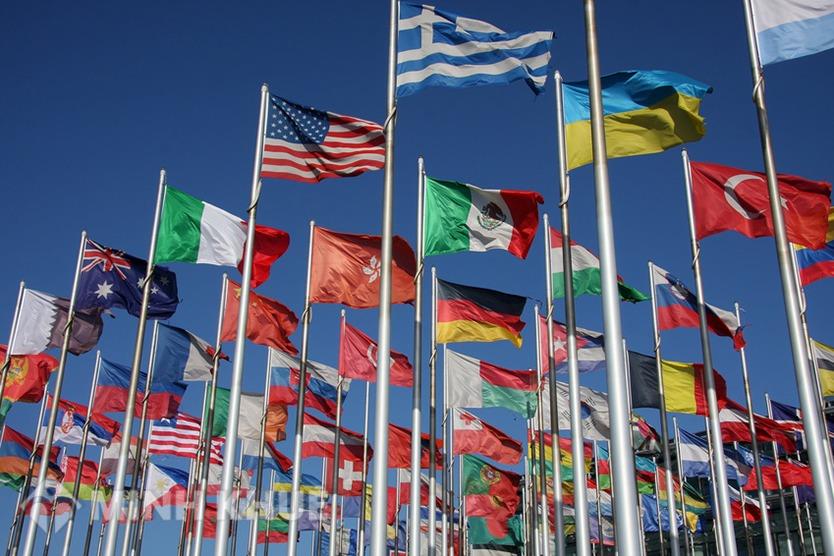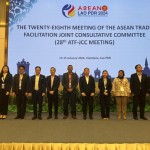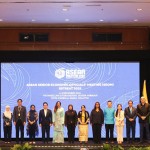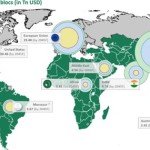Total number of posts 463.

The World Trade Organization (WTO) Trade Facilitation Agreement (TFA) is a significant step toward promoting global trade by reducing trade barriers, simplifying, and modernizing customs procedures. Signed in December 2013 at the 9th WTO Ministerial Conference in Bali, Indonesia, the Agreement officially entered into force on February 22, 2017, after ratification by at least two-thirds of WTO members. This is the first multilateral agreement to be adopted since the WTO’s establishment in 1995.
The TFA is designed to: (i) reduce trade transaction costs and time, thus enhancing competitiveness and international integration for member countries, particularly developing nations; (ii) simplify, standardize, and improve the transparency of customs and clearance procedures; and (iii) minimize unnecessary procedures and administrative measures that impede trade.
As stipulated in Part II of the TFA, the commitments are categorized into three groups based on each Member’s ability: Category A - implemented immediately upon the Agreement’s entry into force; Category B - requires transitional period after the Agreement’s entry into force; and Category C - requires additional transitional time and technical assistance to be implemented after the Agreement’s entry into force. This structure allows developing and least-developed countries to set their own TFA implementation timelines based on their capacity.
Currently, six ASEAN Member States – Brunei, Indonesia, Malaysia, the Philippines, Singapore, and Thailand – have fully implemented TFA, while the remaining four AMS – Cambodia, Laos, Myanmar, and Viet Nam – are expected to complete full implementation in the period between 2025 and 2028.
According to ASEAN Secretariat statistics, as of October 2024, the implementation status of the remaining four ASEAN Member States is as follows:
- Myanmar has increased its Category B implementation rate from 54.6% to 57.6%, while its Category C rate has decreased from 17.6% to 13%, thanks to the reclassification of some provisions from Category C to Category B.
- Laos has moved 11 provisions from Category C to Category B, increasing its Category B rate from 8.4% to 39.1%.
- Cambodia has achieved a TFA implementation rate of 92.9% after notifying the implementation of two additional provisions (Notification and Trade Facilitation Measures for Authorized Operators).
- Viet Nam’s TFA implementation rate has reached 94.5%, with the remaining 5.5% (consisting of three Category C provisions: Test procedures, Risk Management, and Border Agency Cooperation) expected to be completed by the end of 2024.
This data reflects the positive progress made by ASEAN countries in implementing the TFA, laying a foundation for facilitating intra-ASEAN trade as well as trade between ASEAN and the world. To promote full implementation of the TFA across all 10 ASEAN countries as planned, the ASEAN Secretariat will support CLM countries (Cambodia, Laos, Myanmar) in seeking capacity-building projects in the coming period.
For Viet Nam, participation in the TFA has driven improvements in customs infrastructure, process transparency, and trade cost reduction, enabling Vietnamese goods and services to access global markets more easily.














